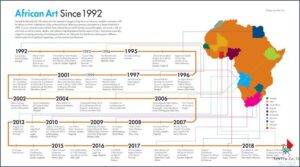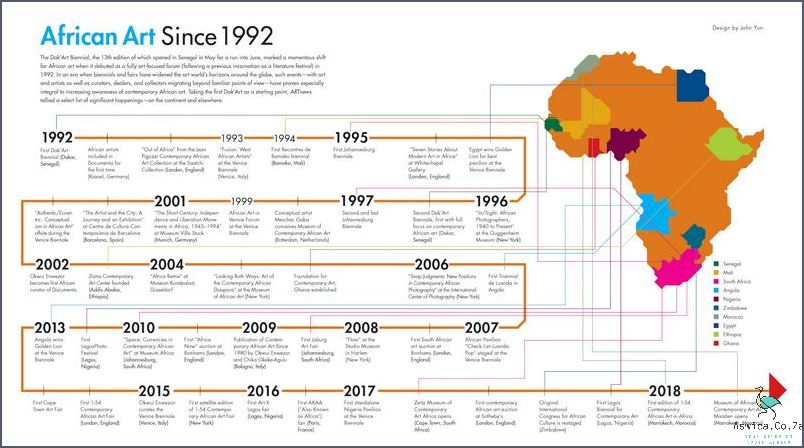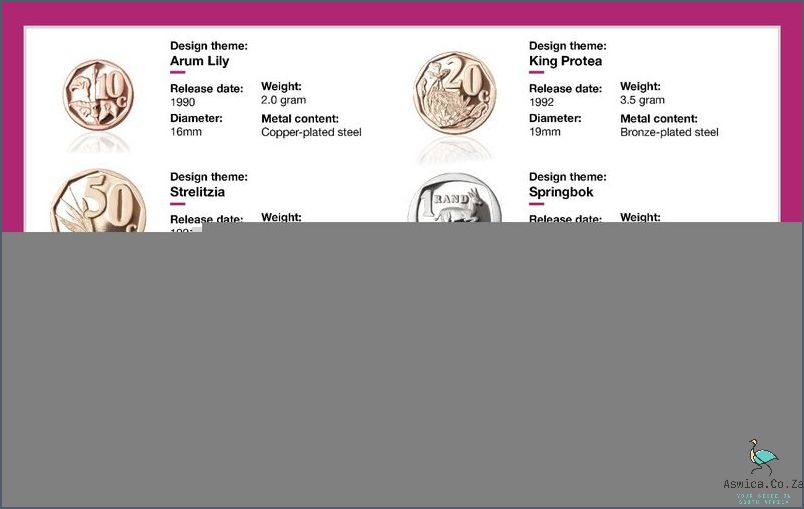
The history of education in South Africa is often divided into four main periods: pre-colonial, colonial, post-colonial, and post-apartheid.
Pre-colonial education in South Africa was informal and mostly focused on practical skills like hunting and survival. Formal education only began to develop during the colonial period, when the first schools and universities were established by the European settlers.
Education in South Africa continued to be segregated along racial lines during the apartheid era, with black students attending inferior schools and receiving a lower quality of education than their white counterparts.
Since the end of apartheid in 1994, the South African government has made a commitment to improve education for all citizens, regardless of race. This has resulted in a significant increase in educational opportunities and standards across the country.
Contents
History Of Education In South Africa Timeline
South Africa’s education system has a rich and varied history, shaped by the country’s tumultuous past. The timeline starts in 1658, with the arrival of the Dutch settlers who brought the Dutch Reformed Church’s curriculum with them. In 1806, the British took control and introduced more formalised education, with the establishment of the first college in 1829. This was followed by the introduction of state-funded primary education in 1841, and secondary education in 1859. In 1948, the apartheid government took control and introduced separate and unequal education for black and white South Africans, a system that remained in place until 1994. After the end of apartheid, the South African government introduced sweeping changes to the education system, including the introduction of the Curriculum 2005 in 1998 and the National Curriculum Statement in 2002. These reforms have seen a dramatic increase in access to quality education, which is now available to everyone regardless of their background.
Pre-apartheid education (1900-1948)
The history of education in South Africa during the pre-apartheid period (1900-1948) is a complex one. It is a story of inequality, segregation, and limited access to educational opportunities. The education system in South Africa during this time was heavily influenced by the segregationist policies of the government, resulting in the establishment of separate educational systems for black and white students.

The British colonial government introduced a system of education in South Africa in the late 1800s. This system was largely based on a model of segregated education, with separate schools being established for black and white students. Black students were largely relegated to inferior education, with limited access to resources. In addition, black students were not allowed to attend white schools and were not allowed to pursue higher education.
The education system during the pre-apartheid period was heavily influenced by the cultural and social values of the time. This meant that black students were not only segregated from their white counterparts but were also taught from a curriculum that was heavily biased and did not reflect the history and culture of black South Africans. As a result, black students often lacked the same educational opportunities as white students.
The pre-apartheid period also saw the development of the Bantu Education System. This system was designed to prepare black students for the ‘real world’ and was implemented in the 1950s. Under this system, black students were taught a curriculum that was heavily focused on white values and ideals. This system also did not offer black students any opportunities for higher education, effectively preventing them from pursuing their educational dreams.
In spite of the numerous challenges faced by black students during the pre-apartheid period, there were some bright spots. A number of black schools were established during this time, providing black students with access to education. These schools were often funded by churches and other organizations and offered a more comprehensive education than the white schools.
The pre-apartheid period in South Africa was a time of great inequality. Black students were subjected to a system of education that was heavily biased and had limited access to higher education opportunities. However, there were some bright spots and a number of black schools were established during this period, providing black students with access to education.
Education during apartheid (1948-1991)
Education in South Africa during the apartheid era (1948-1991) was a complex and often contentious issue. During this period, the South African government developed a system of racial segregation and discrimination that denied the majority of its citizens access to education and other basic services. Under apartheid, education was divided into two distinct systems: one for whites and one for non-whites. This system was designed to ensure that whites maintained their privileged social and economic status, while non-whites were kept in a state of subjugation.
The system of apartheid-era education was largely based on the Bantu Education Act of 1953, which was designed to provide substandard education to black South Africans. This act was implemented by the National Party government, which sought to limit the educational opportunities available to non-whites. As a result, black students were provided with only minimal educational resources, such as overcrowded classrooms and outdated textbooks. Furthermore, the curriculum was designed to promote the government’s racial ideology and to discourage critical thinking.
In addition to the Bantu Education Act, the South African government also implemented a number of other policies to keep non-whites out of higher education. These policies included a strict quota system that limited the number of non-whites who could attend universities, as well as the passage of the Separate Amenities Act, which prohibited non-whites from attending certain universities.

The apartheid-era education system had a devastating impact on the South African economy and society. By denying non-whites access to higher education, the government was able to keep them in a state of economic and social inequality. Furthermore, the poor quality of education provided to non-whites contributed to a growing sense of resentment and alienation among black South Africans.
The apartheid-era education system was eventually replaced in 1991, when the South African government began to dismantle its racially discriminatory laws. Since then, the South African education system has become more inclusive, with greater access to higher education for all citizens. Today, South Africa is considered to be one of the most progressive countries in terms of education and equal opportunity.
Post-apartheid education (1991-present)
Since the end of Apartheid in 1991, South African education has been in a period of transition. Prior to this, the country had been divided along racial lines, with the majority of black South Africans receiving a significantly lower quality of education than their white counterparts. Since the fall of Apartheid, the South African government has worked to create a more equitable educational system, with the ultimate goal of providing all of the country’s citizens with the same educational opportunities.
In order to achieve this, the government has implemented a number of reforms, beginning with the adoption of a new national curriculum in 1995. This included an emphasis on democratic values, human rights, and multiculturalism. It also included a focus on language instruction, which sought to ensure that all South African citizens could understand and communicate in both English and one of the eleven official languages.
In addition to the new curriculum, the South African government has worked to improve the quality of teacher training, introduce new technology into the classroom, and expand access to higher education. To encourage students from all backgrounds to pursue higher education, the government has implemented a system of bursaries and scholarships. This has enabled many students from economically disadvantaged backgrounds to attend college or university, and helped to reduce the overall gap in educational attainment between black and white South Africans.
The government has also introduced a number of initiatives designed to improve the quality of education in rural areas. This has included improved infrastructure, increased access to textbooks and other resources, and the implementation of bilingual education programs. These efforts have had a positive impact on educational outcomes in rural areas, and are continuing to improve the quality of education throughout the country.
Overall, the South African government has made significant progress in reforming the country’s education system since the end of Apartheid. While much work still needs to be done, the government’s efforts have already had a positive impact on the lives of millions of South Africans, and are helping to create a more equitable society.
Conclusion
The history of education in South Africa can be traced back to the early 19th century when missionaries started teaching the indigenous people in the area how to read and write. The first school in South Africa was opened in 1817 in the port city of Cape Town by the Reverend James Molteno. Throughout the 1800s, more schools were established and by the early 1900s, education was becoming increasingly accessible to all South Africans. In 1910, the South African School Act was passed which set out the framework for compulsory education in South Africa. In 1913, the first black school was established in Johannesburg, followed by a white school in Cape Town in 1915. In 1947, the African National Congress (ANC) was formed and began campaigning for equal education rights for all South Africans. In 1961, the South African Education Act was passed which provided better funding and facilities for schools and established the Department of Education. In 1994, the first black president, Nelson Mandela, was elected and with his election, the country began to move towards democracy and a more equal society. Today, education is an important part of the South African culture and is available to all children, regardless of race or gender.



